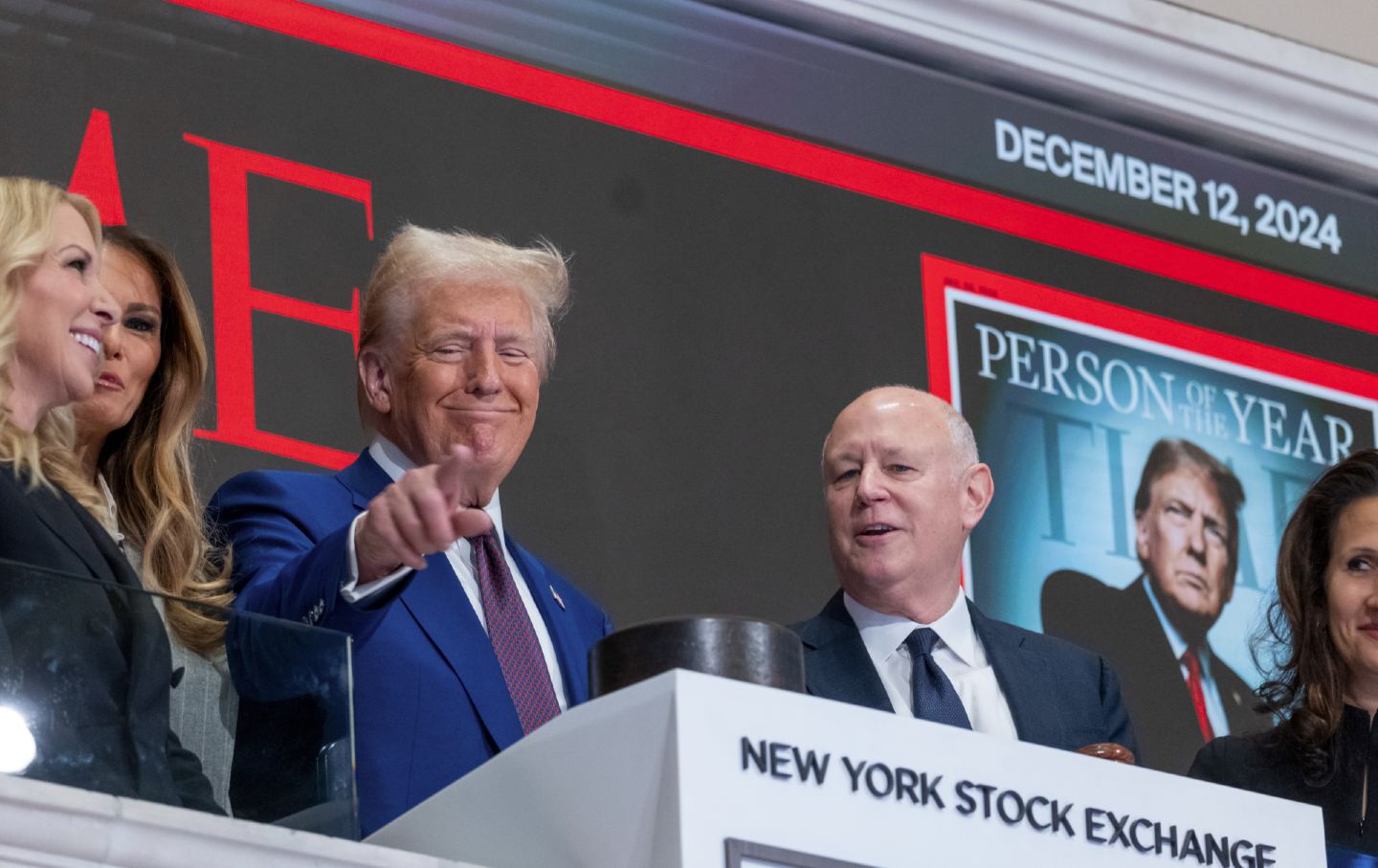March Consumer Sentiment Decreases Amid Inflation and Diplomatic Tensions; UN Report on Iran's Technology-based Hijab Enforcement Released
The March consumer sentiment index fell to a 29-month low, while a UN report details Iran's enforcement of hijab laws using technology.
Overview
In March, consumer sentiment dropped to 57.9, the lowest in 29 months, driven by inflation concerns and uncertainties around President Trump's tariffs. This 10.5% decline affects various political groups as worries of a recession mount, potentially curtailing consumer spending and growth. Contributing to political tensions, Secretary of State Marco Rubio declared South Africa's ambassador unwelcome after controversial remarks about Trump's alleged supremacist movement. Additionally, a UN report reveals Iran's use of drones and technology to enforce hijab laws, highlighting serious human rights violations against women. Iran’s draft law poses severe penalties for non-compliance.
Report issue

Read both sides in 5 minutes each day
Analysis
Analysis unavailable for this viewpoint.
Articles (17)
Center (7)
FAQ
The decline in consumer sentiment was primarily due to concerns over inflation, President Trump's tariffs, and uncertainties around economic policies, which have led to a broad-based pessimism across different demographic groups.
Inflation expectations among consumers have surged, with a one-year inflation expectation rising to 4.9% from 4.3% in February, and long-term expectations increasing to 3.9% from 3.5%.
The UN report details Iran's use of technology, including drones, to enforce hijab laws, which highlights serious human rights violations against women. A draft law also proposes severe penalties for non-compliance.
History
- 7M
 2 articles
2 articles
- 7M

 6 articles
6 articles













